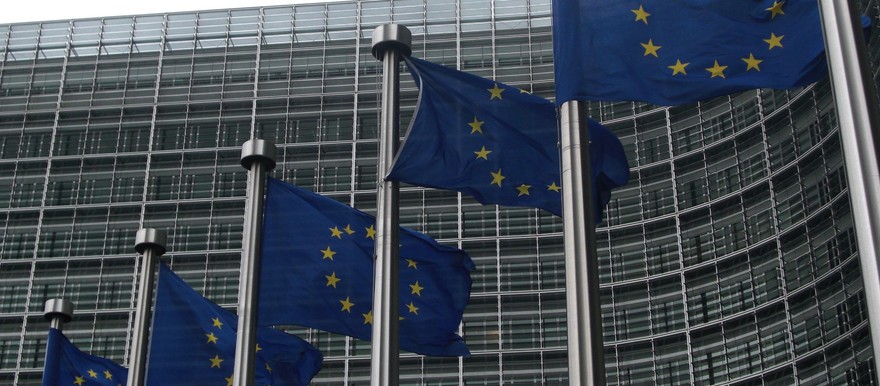The Council of the European Union in a meeting on Monday called for further investation of those instigating violence in South Sudan, warning also that the crisis could precipitate a famine.
The council issued a six-point document with conclusions on several political and humanitarian matters, including a call for release of the four political detainees who went on trial in Juba last week.
Full text, 17 March:
1. The European Union (EU) expresses its deep concern about the ongoing crisis in South Sudan, the grave human suffering it causes and its regional implications. It is seriously concerned about the violations of the Cessation of Hostilities (CoH) agreement signed on 23 January 2014 in Addis Ababa and calls on all parties to immediately stop the violence and honour the CoH.
It urges all political and military leaders to protect the people of South Sudan and to act in the interest of the South Sudanese population as whole. The EU supports efforts to operationalise the agreed Monitoring and Verification Mechanism (MVM) and calls on all actors involved to expedite this process.
The EU recognises the essential role that the United Nations Mission in South Sudan (UNMISS) is playing in protecting civilians and monitoring and reporting on human rights. The EU condemns all threats against the Mission’s personnel and calls upon all parties to cooperate fully with UNMISS.
2. The EU firmly supports the mediation led by the Inter-Governmental Authority for Development (IGAD) and commends IGAD’s relentless efforts to open the way for an inclusive political dialogue. In this regard the EU welcomes the release of seven detained political leaders and their involvement in the peace process, and calls on the Government of South Sudan to take the necessary measures to release the four remaining detainees and allow them to take part in this process too.
The EU looks forward to the resumption of talks in Addis Ababa on 20 March 2014. In this context, it urges all parties to negotiate in good faith towards a peaceful, comprehensive and sustainable solution to rapidly put an end to this conflict by addressing its underlying causes. The EU stresses the importance of inclusive dialogue and national reconciliation and underlines the role of civil society in this respect.
The EU has provided support for the IGAD-led negotiations and stands ready to support their eventual outcome. The EU invites the EU Special Representative for the Horn of Africa to remain actively engaged in addressing this crisis in coordination with the “Troika” and other international actors.
3. The EU expresses concerns about any external intervention that could exacerbate the political and military tensions in South Sudan. It recalls the engagement of the parties to redeploy or progressively withdraw allied forces invited by either side. The EU encourages regional leaders to continue their cooperation under the aegis of IGAD.
4. The EU is deeply concerned at ongoing reports of widespread human rights violations and other abuses as also documented in an interim report by UNMISS issued on 21 February 2014.
The EU welcomes further investigations by the UN into the role of different actors in instigating and committing the gross violations documented in the report: extrajudicial and mass killings; the deliberate targeting of civilians, arbitrary arrests and detention; enforced disappearances; ill-treatment and torture; recruitment and use of children; sexual violence; and widespread looting and destruction of property.
The EU welcomes the establishment of the African Union Commission of Inquiry on 7 March 2014. It urges the Commission to begin its work as soon as possible and to cooperate with the UN and other relevant actors including in establishing the immediate and root causes of the conflict, in investigating crimes committed and proposing accountability and reconciliation measures.
All those responsible for violations of international humanitarian law and international human rights law must be held accountable.
5. The EU is alarmed by the increasingly desperate humanitarian situation, including a significant risk of famine. Since the outbreak of the conflict in mid-December 2013, more than 900,000 have been forced from their homes. Around 3.7 million people are severely food insecure.
The EU welcomes the role of the UN in coordinating the humanitarian response. It urges all partners to contribute both generously and swiftly to the South Sudan Crisis Response Plan and in particular to align their efforts to address the increasing food insecurity and to strengthen the resilience of the population. The EU and its Member States have so far pledged support to the tune of € 110 million.
The EU condemns continued restrictions on humanitarian activities and calls on all parties to allow rapid, full, safe and unhindered humanitarian access to all populations in need, in accordance with international humanitarian law and principles.
6. The EU reiterates that it stands ready to consider targeted restrictive measures against individuals obstructing the political process, in support of AU and IGAD efforts and in close coordination with international partners.



